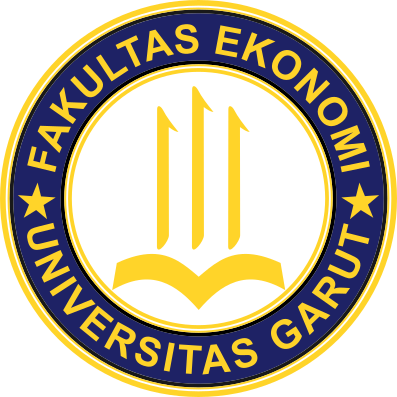ACHIEVEMENTS
ATTITUDE
- Demonstrate piety to the One True God and exhibit a Religious attitude.
- Uphold human values in carrying out tasks based on religion, morals, and ethics.
- Embrace national identity.
- Contribute to the improvement of community, nation, state, and civilization based on Pancasila.
- Act as a proud and patriotic citizen, possessing nationalism and a sense of responsibility towards the country and nation.
- Respect cultural diversity, beliefs, and original opinions of others.
- Collaborate and demonstrate social sensitivity and concern for the community and the environment.
- Observe the law and discipline in community and state life.
- Internalize academic values, norms, and ethics.
- Exhibit responsibility for work in their field of expertise independently.
- Internalize the spirit of independence, struggle, and entrepreneurship.
- Apply business ethics and professional accountant principles.
- Commit to learning, faith, and charity.
KNOWLEDGE
- Profoundly grasp theoretical concepts related to audit planning, procedures, and reporting.
- Profoundly understand theoretical concepts regarding the framework for financial statement presentation and preparation, accounting policies and principles, accounting cycles, recognition, measurement, presentation, and disclosure of financial statement elements, and financial statement analysis.
- Possess a general understanding of quality management.
- Understand business ethics and professional accounting code of ethics.
- Master principles and techniques of financial management, including financial decisions, time value of money, capital budgeting, capital structure, cost and financing, working capital requirements, and cash flow analysis.
- Master principles of investing in financial assets.
- Profoundly grasp theoretical concepts related to information needs for decision-making.
- Master the technical, principles, and procedural knowledge of information technology usage.
- Understand tax regulations and business laws.
- Comprehend principles of economics.
- Grasp theoretical concepts related to organization, governance, risk management, strategic management, internal control, and the business environment.
- Profoundly understand cost calculation and control for products and services.
GENERAL SKILLS
- Able to write a scientific description of the above-mentioned studies in the form of a thesis or final project report and upload it to the university’s website.
- Capable of making accurate decisions in problem-solving contexts based on information and data analysis.
- Can establish and expand professional networks with mentors, colleagues, and peers both within and outside their institution.
- Responsible for achieving group work results and supervising and evaluating tasks assigned to subordinates.
- Able to perform self-evaluation of workgroups under their responsibility and manage learning independently.
- Can document, store, secure, and retrieve data to ensure authenticity and prevent plagiarism.
- Combine technical competence and professional skills to complete work assignments.
- Present information and ideas clearly, both orally and in writing, to stakeholders.
SPECIFIC SKILLS
- Independently prepare audit working papers by collecting and summarizing audit evidence for the financial statements of commercial entities in accordance with audit standards and legal provisions.
- Under supervision, evaluate audit evidence for the financial statements of commercial entities in accordance with audit standards and legal provisions.
- Independently prepare, analyze, and interpret the financial statements of separate entities using applicable accounting principles for transactions, both general financial accounting standards and ETAP financial accounting standards.
- Under supervision, prepare, analyze, and interpret consolidated financial statements using applicable accounting principles for general financial accounting standards and ETAP financial accounting standards.
- Independently prepare reports on financial and non-financial information analysis and relevant disclosures that are reliable and relevant for managerial decision-making by applying accounting and financial analysis techniques and methods.
- Under supervision, prepare investment and financing reports, including cash and working capital requirements, pro forma financial statements, capital budgeting reports, which are relevant for financial and investment decision-making by applying financial and investment management techniques.
- Independently prepare and analyze cost and management accounting reports, including planning and budgeting, cost management, quality control, performance measurement, and benchmarking, which are relevant and reliable for management decision-making by applying management accounting techniques.
- Independently design business processes within an accounting information system to support information technology-based information provision for organizational management and decision-making, using a System Development Life Cycle (SDLC) approach.
- Independently prepare tax liability reports for both individual and corporate taxpayers by calculating and reconciling tax obligations in accordance with Indonesian tax regulations.
- Independently operate and utilize software for the preparation of financial statements, budgeting, tax administration, auditing, and research.
GRADUATE PROSPECTS
Job opportunities for graduates of the Accounting Study Program can be found in various government agencies, banking institutions, or private companies spread throughout Indonesia.
